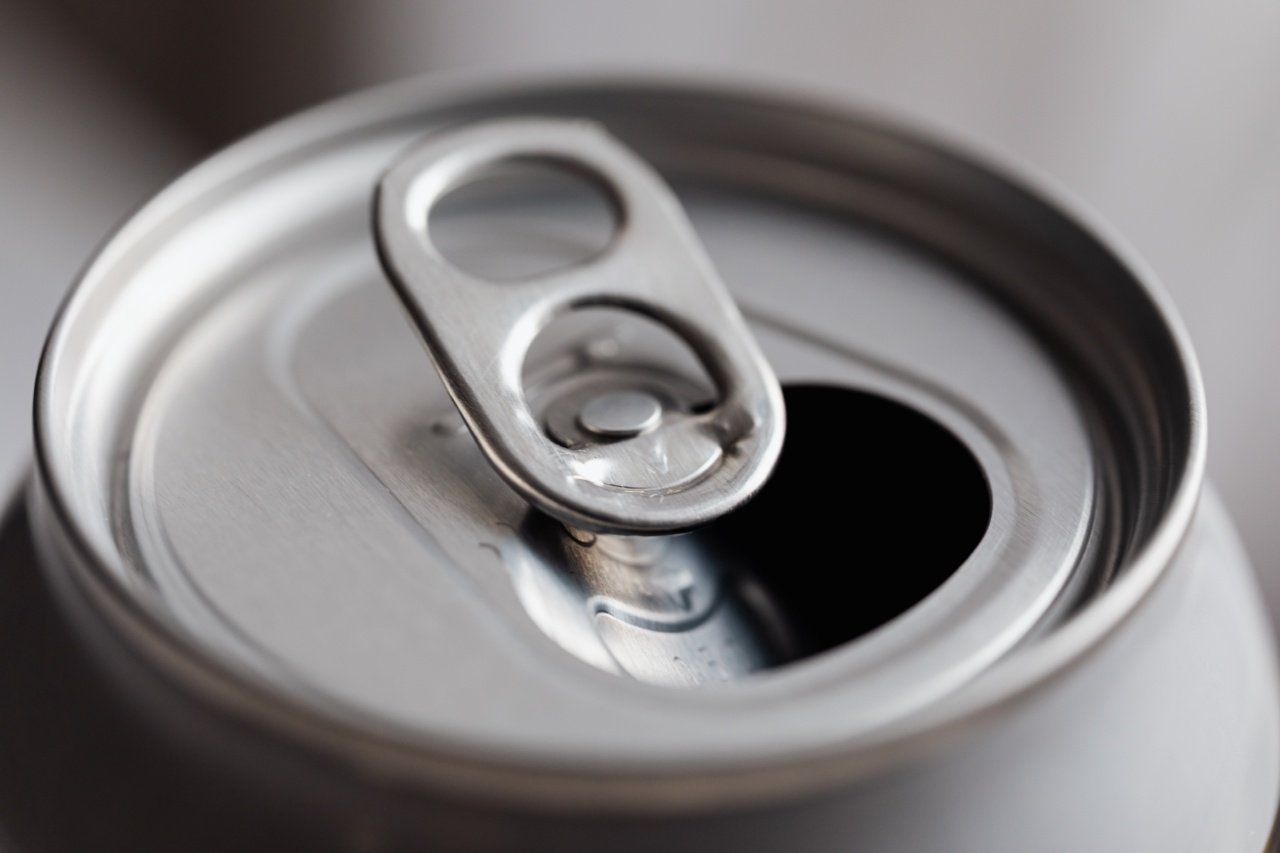Carbonated water, also known as sparkling water or soda water, has gained popularity as a refreshing alternative to regular water. It is infused with carbon dioxide gas under pressure, creating the bubbly sensation that many people enjoy.
While carbonated water can be refreshing and satisfying, it is essential to be aware of the potential risks that may come with consuming it. In this article, we will explore the potential drawbacks of drinking carbonated water.
1. Dental Health
One of the primary concerns associated with drinking carbonated water is its potential impact on dental health. Carbonated water is mildly acidic, with a pH level below 7.
Regular consumption of acidic beverages can erode the protective enamel on your teeth, making them more vulnerable to decay and cavities.
However, it is important to note that the acidity of carbonated water is relatively low compared to other acidic beverages like soda and fruit juices. The carbonation itself does not directly cause tooth erosion.
Nevertheless, it is advisable to drink carbonated water in moderation and minimize prolonged exposure to minimize any potential risks to dental health.
2. Digestive Issues
For some individuals, drinking carbonated water may lead to digestive issues. The carbonation in sparkling water can cause bloating, gas, and discomfort, particularly for those with sensitive stomachs.
The gas bubbles in carbonated water can also increase the pressure in the stomach, leading to acid reflux or heartburn.
If you frequently experience digestive problems after consuming carbonated water, it may be beneficial to decrease your intake or opt for still water instead.
3. Bone Health
Concerns have been raised about the potential impact of carbonated water on bone health.
Some studies suggest that the high phosphoric acid content in some carbonated beverages can interfere with calcium absorption, which is essential for maintaining strong and healthy bones.
However, it is important to differentiate between carbonated water and carbonated beverages such as soda or cola. Carbonated water itself does not contain phosphoric acid, making it less likely to have a significant impact on bone health.
Yet, it is always a good idea to ensure an adequate intake of calcium-rich foods and maintain a balanced diet to support bone health.
4. Mineral Imbalance
While carbonated water does not pose a significant risk of mineral imbalance on its own, certain brands of sparkling water may contain added minerals, such as sodium or potassium.
These minerals are often found in so-called “flavored” or “enhanced” carbonated water.
If you are on a restricted diet due to specific health conditions like kidney problems or hypertension, it is essential to check the mineral composition of the carbonated water you consume.
Excessive consumption of certain minerals can disrupt the body’s electrolyte balance and potentially worsen existing health issues.
5. Dehydration
Although carbonated water is hydrating, some people find it less satisfying to drink compared to still water. As a result, they may consume less water overall, leading to mild dehydration.
It is crucial to listen to your body’s thirst signals and ensure adequate hydration by drinking enough water, whether carbonated or still.
6. Heartburn and Acid Reflux
For individuals already prone to heartburn or acid reflux, the carbonation in sparkling water can exacerbate these conditions.
The gas bubbles created by carbonated water can contribute to bloating and increased pressure on the esophageal sphincter, leading to a higher likelihood of acid reflux episodes.
If you suffer from heartburn or acid reflux, it may be advisable to limit your consumption of carbonated water and opt for non-carbonated alternatives to reduce the risk of triggering symptoms.
7. Impact on Blood Sugar Levels
While carbonated water itself does not contain sugar or carbohydrates, certain brands of flavored carbonated water may have added sweeteners.
These added sugars can have an impact on blood sugar levels, especially for individuals with diabetes or those trying to regulate their sugar intake.
If you have concerns about the impact of carbonated water on your blood sugar levels, it is advisable to opt for unsweetened or naturally flavored carbonated water.
Checking the nutritional information on the packaging can help you make informed decisions about the products you choose.
8. Potentially Triggering Migraines
For individuals prone to migraines, carbonated drinks, including carbonated water, may act as a trigger.
While the exact reason behind this is not fully understood, it is believed that the release of carbon dioxide gas and the subsequent changes in the body’s physiology may contribute to migraine attacks in susceptible individuals.
If you find that carbonated water triggers or worsens your migraines, it is recommended to avoid or limit your consumption to reduce the risk of experiencing these debilitating headaches.
9. Environmental Impact
While the risks of consuming carbonated water mostly pertain to individual health, it is worth considering the environmental impact of its production and consumption.
The production of carbonated water involves significant energy expenditure and the release of greenhouse gases. The plastic bottles commonly used for packaging carbonated water also contribute to plastic waste and pollution.
Choosing to drink plain tap or filtered water instead of carbonated water can help minimize your carbon footprint and reduce plastic waste.
10. Moderation is Key
As with most things in life, moderation is key when it comes to consuming carbonated water. While the risks associated with drinking carbonated water are generally minimal, it is important to be mindful of your individual health needs and preferences.
Pay attention to your body’s reactions and make informed decisions based on what works best for you.































